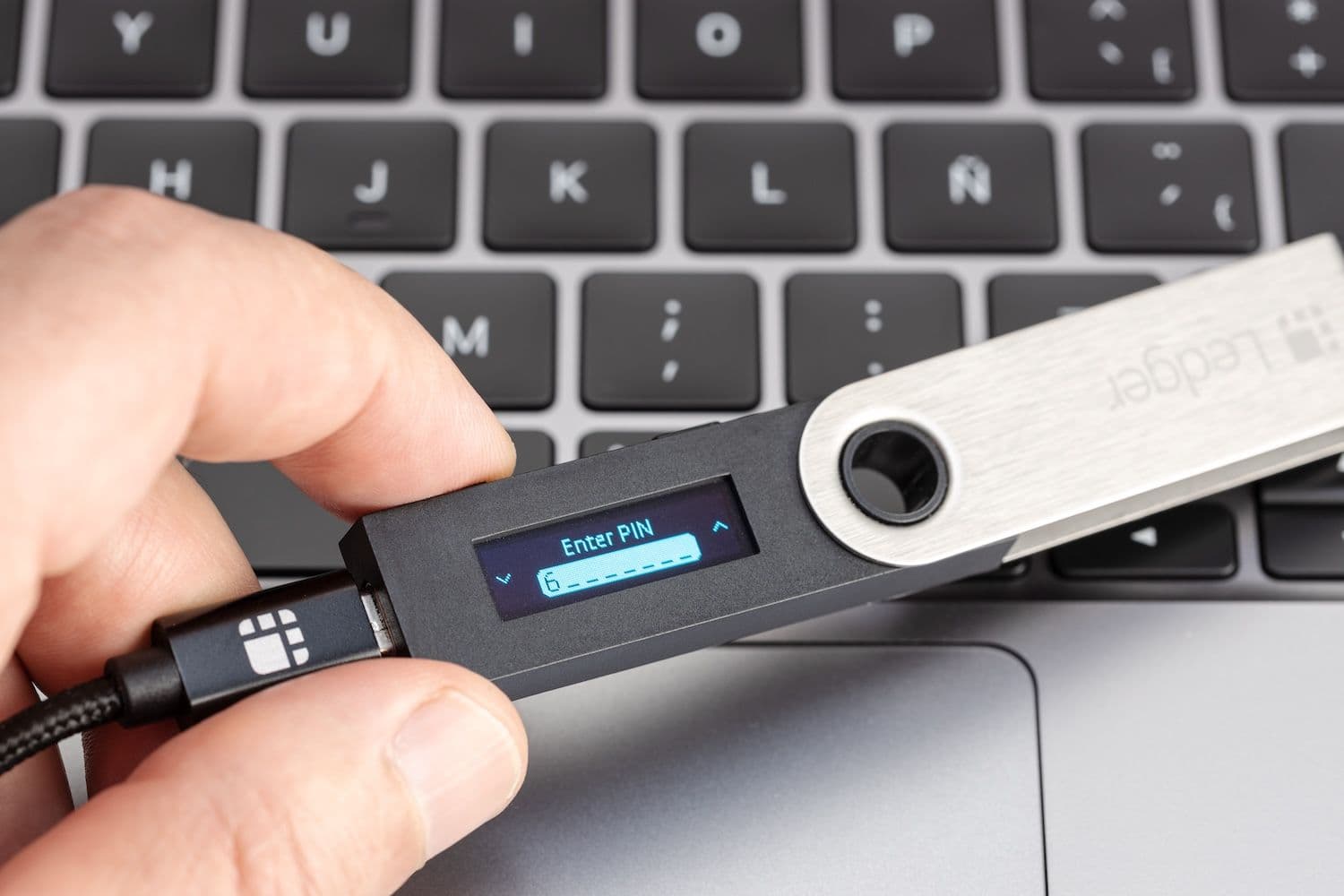Latest Hackers News and Insights | Yellow.com
Trust Yellow.com for the latest and most reliable Hackers news and insights. Stay informed with accurate updates, expert analyses, and comprehensive articles on Hackers trends and market movements.








